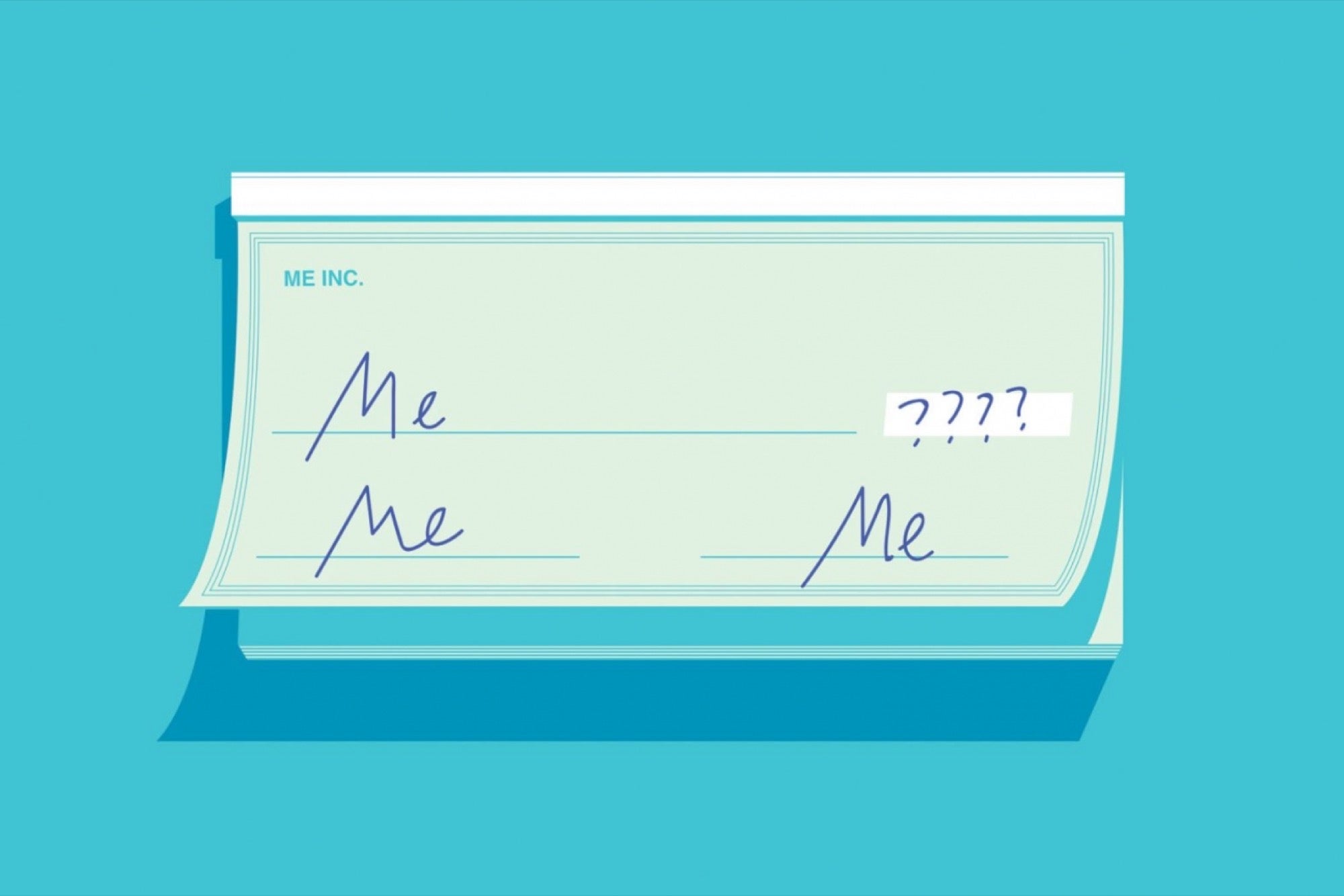What Should Entrepreneurs Pay Themselves? Start Here. It's not a simple decision, but there is a right answer.
By Steph Wagner
This story appears in the August 2016 issue of Entrepreneur. Subscribe »

Jacques Spitzer was having a great run. He's the founder of Raindrop Marketing, based in San Diego, which scored triple-digit growth in each of the past four years. And yet, the success worried him. The problem: He had no idea what to pay himself. "Believe it or not, growth became frightening, not fun," Spitzer says. "I was afraid to touch our increasing profits until after each quarter's taxes were filed." And even after the paperwork was done, Spitzer and his partner, Adam Wagner, still worried that their own salaries would screw up their company.
So they played it safe, paying themselves the bare minimum to cover their lean lifestyles.
When you start your business, calculating what to pay yourself is simple: Start with your sales and subtract operating expenses and taxes -- and that's what goes into your wallet. Most entrepreneurs cross their fingers and hope it's enough to cover the bills. When your business expands, things get trickier. Sure, you could increase your take-home pay right off the top -- and pay the additional taxes that go with it. But what if business drops in the next quarter? Will your company have enough in the bank to cover its obligations?
The rest of this article is locked.
Join Entrepreneur+ today for access.
Already have an account? Sign In